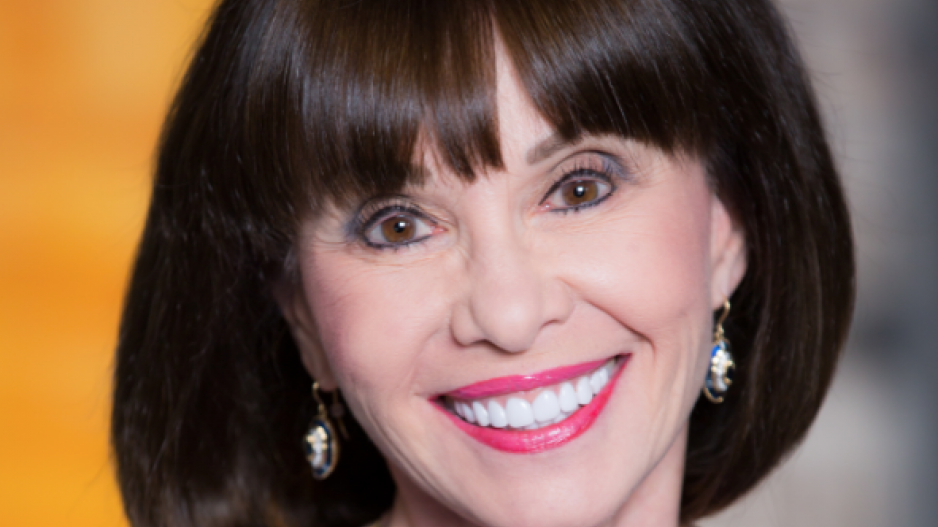If you give, so shall you save.
That appears to be the mantra for the Federal Budget in relation to capital gains tax exemptions on commercial real estate sales.
The April 20 budget proposes that capital gains arising from the sale of real estate will be exempt from tax if the proceeds are donated to a qualified charity. Where only a part of the proceeds is donated, that portion will be exempt.
The exemption does not apply to principal residences, which are already free of capital gains taxation, but could prove “powerful” for commercial real estate investors, according to Clay Gillespie, managing director of Rogers Group Financial in Vancouver.
This is the first time such an exemption has ever been provided in the real estate sector, Gillespie said.
Here is how the exemption is to work when it comes into effect in 2017.
If an investor bought a rental property for $300,000 and sold it for $500,000 and donated $200,000 to a charity within 30 days, then 40% of the $200,000 would be exempt from capital gains tax. The investor would be paying tax on $120,000, but since capital gains are taxed at a 50% rate, he or she would only pay taxes on $60,000 of the capital gains.
“This could hold a powerful attraction for both investors and charities,” said Gillespie said.
The provision is also available for shares in a private corporation, but the extension to real estate dramatically expands the potential for charitable donations, Gillespie added. Some affluent investors want to both donate to charity and save on capital gains tax, he explained.
Michael McKnight, president and CEO of the United Way of the Lower Mainland is not wildly excited about the concept, however. “This will affect only a small number of larger donors and a few select charities,” McKnight said.
The budget also nearly doubled eligible deposits in tax-free savings accounts (TFSA), to $10,000, which could help some first-time homebuyers, noted Dr. Sherry Cooper, chief economist for Port Coquitlam-based Dominion Lending Centres, which has offices across Canada.
“This will help more young people save up a down payment,” Cooper said. The TFSA program allows money to accumulate tax-free and, unlike
Registered Retirement Savings Plans, there is no tax penalty for withdrawals.
The budget also referred to real GDP growth of just 2% in 2015, an indication that – with lower oil prices and a weak economic outlook – the Bank of Canada overnight rate will stay at 0.75%, Cooper said. She does not expect the bank rate to increase until at least late 2016, which will keep mortgage rates near current historic lows.
Cooper also pleased that the budget did not further tighten mortgage-lending regulations. “That would simply hurt the economy,” she said.




